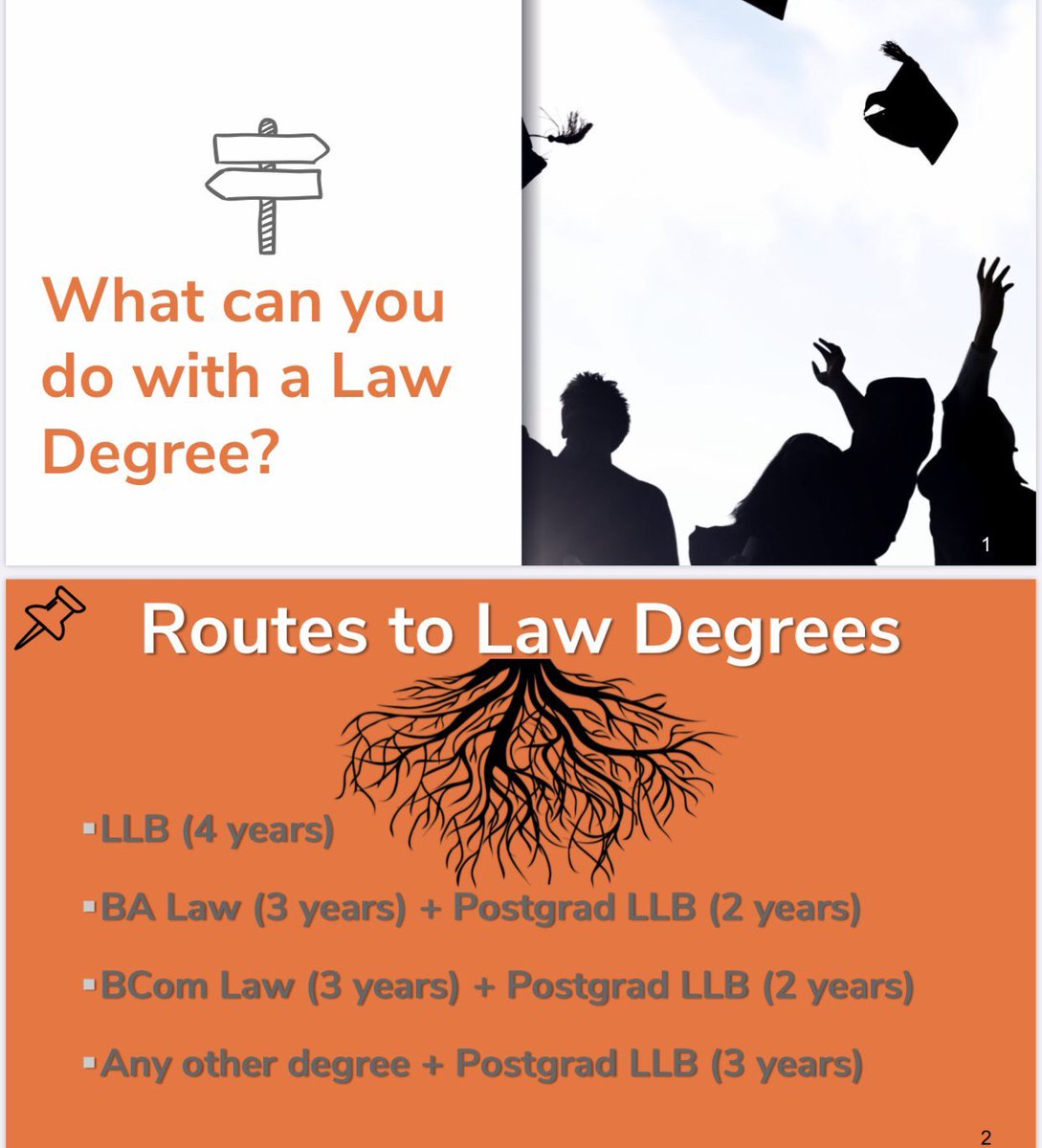Hello there https://abs.twimg.com/emoji/v2/... draggable="false" alt="👋🏾" title="Waving hand (durchschnittlich dunkler Hautton)" aria-label="Emoji: Waving hand (durchschnittlich dunkler Hautton)"> My name is Thabani Mnyama & I’ll be your curator for the day. I’ll be sharing on Careers in Law & other aspects of Law in general. I like opening with quotes so here’s one of my favorites;
https://abs.twimg.com/emoji/v2/... draggable="false" alt="👋🏾" title="Waving hand (durchschnittlich dunkler Hautton)" aria-label="Emoji: Waving hand (durchschnittlich dunkler Hautton)"> My name is Thabani Mnyama & I’ll be your curator for the day. I’ll be sharing on Careers in Law & other aspects of Law in general. I like opening with quotes so here’s one of my favorites;
“It’s the court of law your man not the court of justice.”
“It’s the court of law your man not the court of justice.”
Brief About Me: I’m a Lawyer & Academic with interests in International Law, Constitutional Law & Human Rights Law. I’m Partner & Director of Business Development & Advancement at @africonsultfirm. I’m a polyglot & I hold an LLB in International Law & I’m a Digital Marketer too.
I’m passionate about Micro, Small & Medium-Sized enterprises. Through our firm, we aim to avail services to such enterprises which they may normally fail to afford. Our services range from Legal & Business advisory to a lot more as you can easily find on http://www.africonsultfirm.com"> http://www.africonsultfirm.com
At @africonsultfirm we offer an array of services which include Legal Services, Policy & Research Solutions, Creative & Information Technology Services and one of my favorites which is support for professionals in the Entertainment industry. This include a free month trial for-
-these professionals as we help covering them in their professional & personal capacities offering so much more to them. This package has no strings attached to it, just Ts&Cs  https://abs.twimg.com/emoji/v2/... draggable="false" alt="😅" title="Lächelndes Gesicht mit offenem Mund und Angstschweiß" aria-label="Emoji: Lächelndes Gesicht mit offenem Mund und Angstschweiß">.
https://abs.twimg.com/emoji/v2/... draggable="false" alt="😅" title="Lächelndes Gesicht mit offenem Mund und Angstschweiß" aria-label="Emoji: Lächelndes Gesicht mit offenem Mund und Angstschweiß">.
During my curatorship I’ll touch on How One can be a Lawyer, What you can do with a Law degree & address FAQs on Law/Lawyers. I will also answer any questions I can as they arise. So now enough about me, let’s get right into it  https://abs.twimg.com/emoji/v2/... draggable="false" alt="🤗" title="Umarmendes Gesicht" aria-label="Emoji: Umarmendes Gesicht">
https://abs.twimg.com/emoji/v2/... draggable="false" alt="🤗" title="Umarmendes Gesicht" aria-label="Emoji: Umarmendes Gesicht">
A lawyer is basically a person who studied law/practices law. It’s key to note that the Legal Practitioners Act in Zimbabwe uses the wording “Legal Practitioner” & not “Lawyer.” Legal Practitioners are governed by this Act under the body “The Law Society Of Zimbabwe.”
FAQ: Many get confused about the difference between a Lawyer & an Advocate. I usually liken the difference to that of a General Practitioner & a Specialist. An Advocate only takes cases as per referral from a lawyer. This means as a client you can’t approach an Advocate directly.
Whilst all Advocates are Legal Practitioners, not all Legal Practitioners are Advocates. Advocates don’t come into contact with the actual client, only Lawyers do. Lawyers then refer a case to an Advocate for one of many reasons. They work under the instruction of the Lawyer.
If you study for your LLB in Zimbabwe, then the process is pretty much straightforward for you to become a Lawyer. If you study in a foreign country however, you would have to go through a bit of a process before you can authorized to legally practice as a Legal Practitioner.
With a foreign LLB you first apply to sit for what are called Conversion Exams, mind you this can be a bit of a process so patience & focus is key.
Once you have passed the required subjects under the Bar Conversion Examinations & granted a certificate, you will then approach-
Once you have passed the required subjects under the Bar Conversion Examinations & granted a certificate, you will then approach-
-the Law Society of Zimbabwe and apply to be registered in the High Court. To do this you need to have a law firm of your choice lodge an application on your behalf together with an applicable registration fee. The Law Society of Zimbabwe (LSZ) needs to satisfy itself that your-
-qualification, professional & personal records are sufficient to enable your registration.
A period of ten days is counted upon your lodging of your application in the prescribed form before you can proceed to set down the application for registration at the High Court.
A period of ten days is counted upon your lodging of your application in the prescribed form before you can proceed to set down the application for registration at the High Court.
Once you are sworn in at the High Court, you automatically become a member of the (LSZ) UNLESS you notify the Executive Secretary of your intention not to be a member of the LSZ in terms of the Legal Practitioners Act (Chapter 27:07).
For clarity sake, let me explain this;-
For clarity sake, let me explain this;-
-The Council for Legal Education primarily deals with the regulation of legal training standards whereas the Law Society of Zimbabwe regulates the practice of law by legal practitioners. The Council for Legal Education is responsible for setting Bar Conversion Examinations.
In order to be an Advocate you will have to go through what’s called pupilage, where you will be working under a Senior Advocate before you can then qualify. As we know, Zimbabwean standards are generally set high when it comes to education, so you may want to do Law but you may-
-nor have enough the points they require for this. A way around it would be to check out institutions like the Zimbabwe Institute of Legal Studies where you can be admitted to do National Certificate in Applied Law. Maths is no longer a requirement, but it’s an advantage.
As most have come to know, the legal profession involves rigorous reading, but it’s not as overly exaggerated as it has been made to look. So long you’re focused & disciplined, you can balance your life & your law. You don’t have to necessarily forego your personal life for law.
FAQ: Many have asked if it’s possible to be a Lawyer & a Christian/Religious person. The answer is yes, we have many Pastors who are lawyers as well. Just like any other profession there is a code of conduct which one must abide by, we don’t go around “lying” like some think.
The confusion has come from people see lawyers represent people who are “guilty.” So let me try to address this:
Everyone is presumed innocent till proven guilty, only a competent court of law can render a guilt verdict on someone. Even if you saw the person commit the crime,-
Everyone is presumed innocent till proven guilty, only a competent court of law can render a guilt verdict on someone. Even if you saw the person commit the crime,-
-the law is set up in a way that it’s meant to protect everyone. So we have a concept called “due-process,” where in administering justice, even the “guilty” person must be properly represented, their rights must not be infringed upon etc. So you can represent someone who has-
-commit a crime, not to “lie” that they didn’t commit it, but to ensure that they get a fair trial, a fair verdict & their rights are upheld all the way to the end. It is very much in line with principles in most religions so you won’t be betraying God by becoming a lawyer  https://abs.twimg.com/emoji/v2/... draggable="false" alt="😉" title="Zwinkerndes Gesicht" aria-label="Emoji: Zwinkerndes Gesicht">
https://abs.twimg.com/emoji/v2/... draggable="false" alt="😉" title="Zwinkerndes Gesicht" aria-label="Emoji: Zwinkerndes Gesicht">
Being a Lawyer is not all about spending time in court, in fact, there are many lawyers who never go to court. So you can be a lawyer without necessarily having to be in court every other week representing a client. You can do a lot with a law degree than be a lawyer too.
I will use my personal examples, I am Director of Legal Affairs for Blanc Corporation. My duties involve overseeing compliance of the company with laws in Zimbabwe, reviewing contracts, negotiating with new clients & in all this I don’t get to see court.
You will also find that our Firm in general works in preventive legal services, meaning we work to minimize risk of a client having to go to court, because litigation processes can be time consuming & costly. So let me list what else you can do with a Law degree.
You can become a Risk and Compliance Officer. Lately I’ve noticed an increasing demand in Risk and Compliance Officers and this can be a rewarding experience.
You can become an Alternative Dispute Resolution (ADR) Practitioner (an arbitrator or mediator). The advantage with these is that you don’t need to do your articles etc after your Law degree, you can get straight into it. Opportunities for international jobs are there with this.
If you are fortunate you can be Legal Advisor to businesses/individuals. You can be a Company Secretary. You can work in N.G.O’s as well.
Most people are mostly aware of domestic law, but there are many branches of International Law as well which are interesting and worth your time. You can choose to specialize in International Trade Law & work for organizations like the TWO or advise governments. There are-
-scholarships available for these as well. You can find more scholarships in Human Rights Law, for programmes like International Trade Law you can find MILE programs & similar ones to pursue your studies.
Before you start studying Law, you have to be prepared to put in the hours. You have to enjoy reading so that it doesn& #39;t become a burden to study law. The reading doesn& #39;t stop because you have your LLB, au-contraire, it increases. You will not come out of Uni & start racking-
-in big money. You will start very small. Forget Suits & How to get away with murder, that is only for the movies studying law & practice is more paperwork, long hours & reading than it is wearing fine suits & winning every case.
Being a legal intern or candidate attorney can be tough, unless you come from a well off family. You will work long hours and the salary will not be that much, but if you can I advise you to gain as much experience as you can, money will always come. My first gig after my LLB-
-I was a paralegal in a busy city. I worked everyday only taking a day off on Tuesday. My day would start off at 6 am and I would knock off work at 8 pm. It was a big firm hence the hectic hours and workload. Smaller firms often have lesser work in comparison.
As I round off my time here, I would like to thank everyone who engaged & wish all law students the best in their studies & future & remind them to read those judgments as often as possible. Don& #39;t mind the sweat & pain, it pays off eventually.
For the next hour I am open to questions on all things law & for more engagement I will be on my handle @thabanimnyama  https://abs.twimg.com/emoji/v2/... draggable="false" alt="😊" title="Lächelndes Gesicht mit lächelnden Augen" aria-label="Emoji: Lächelndes Gesicht mit lächelnden Augen">
https://abs.twimg.com/emoji/v2/... draggable="false" alt="😊" title="Lächelndes Gesicht mit lächelnden Augen" aria-label="Emoji: Lächelndes Gesicht mit lächelnden Augen"> https://abs.twimg.com/emoji/v2/... draggable="false" alt="🤗" title="Umarmendes Gesicht" aria-label="Emoji: Umarmendes Gesicht">
https://abs.twimg.com/emoji/v2/... draggable="false" alt="🤗" title="Umarmendes Gesicht" aria-label="Emoji: Umarmendes Gesicht">

 Read on Twitter
Read on Twitter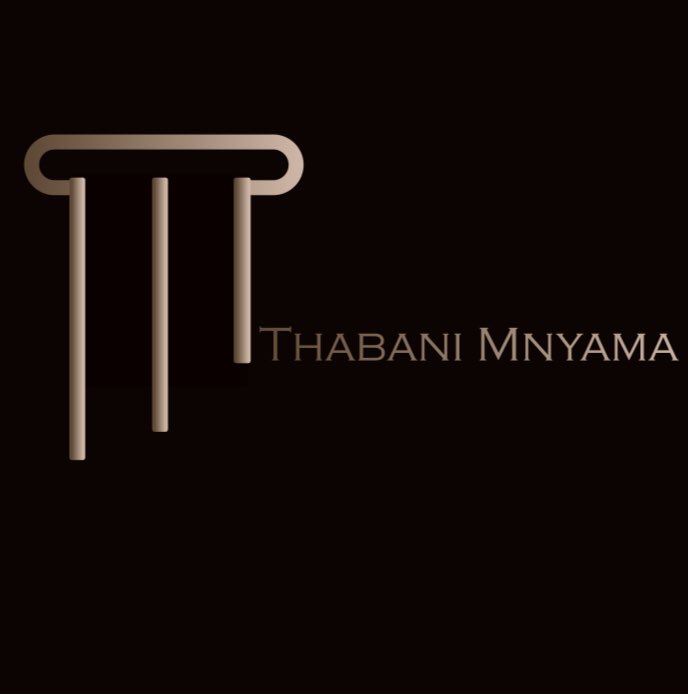 My name is Thabani Mnyama & I’ll be your curator for the day. I’ll be sharing on Careers in Law & other aspects of Law in general. I like opening with quotes so here’s one of my favorites;“It’s the court of law your man not the court of justice.”" title="Hello therehttps://abs.twimg.com/emoji/v2/... draggable="false" alt="👋🏾" title="Waving hand (durchschnittlich dunkler Hautton)" aria-label="Emoji: Waving hand (durchschnittlich dunkler Hautton)"> My name is Thabani Mnyama & I’ll be your curator for the day. I’ll be sharing on Careers in Law & other aspects of Law in general. I like opening with quotes so here’s one of my favorites;“It’s the court of law your man not the court of justice.”" class="img-responsive" style="max-width:100%;"/>
My name is Thabani Mnyama & I’ll be your curator for the day. I’ll be sharing on Careers in Law & other aspects of Law in general. I like opening with quotes so here’s one of my favorites;“It’s the court of law your man not the court of justice.”" title="Hello therehttps://abs.twimg.com/emoji/v2/... draggable="false" alt="👋🏾" title="Waving hand (durchschnittlich dunkler Hautton)" aria-label="Emoji: Waving hand (durchschnittlich dunkler Hautton)"> My name is Thabani Mnyama & I’ll be your curator for the day. I’ll be sharing on Careers in Law & other aspects of Law in general. I like opening with quotes so here’s one of my favorites;“It’s the court of law your man not the court of justice.”" class="img-responsive" style="max-width:100%;"/>
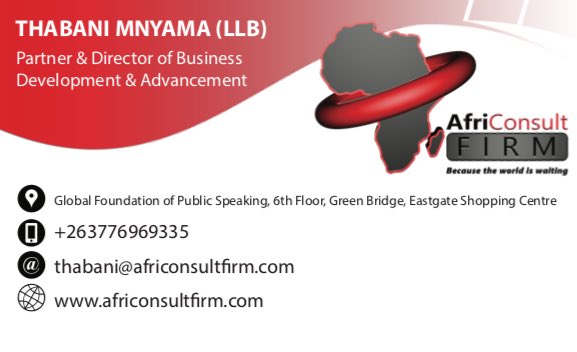

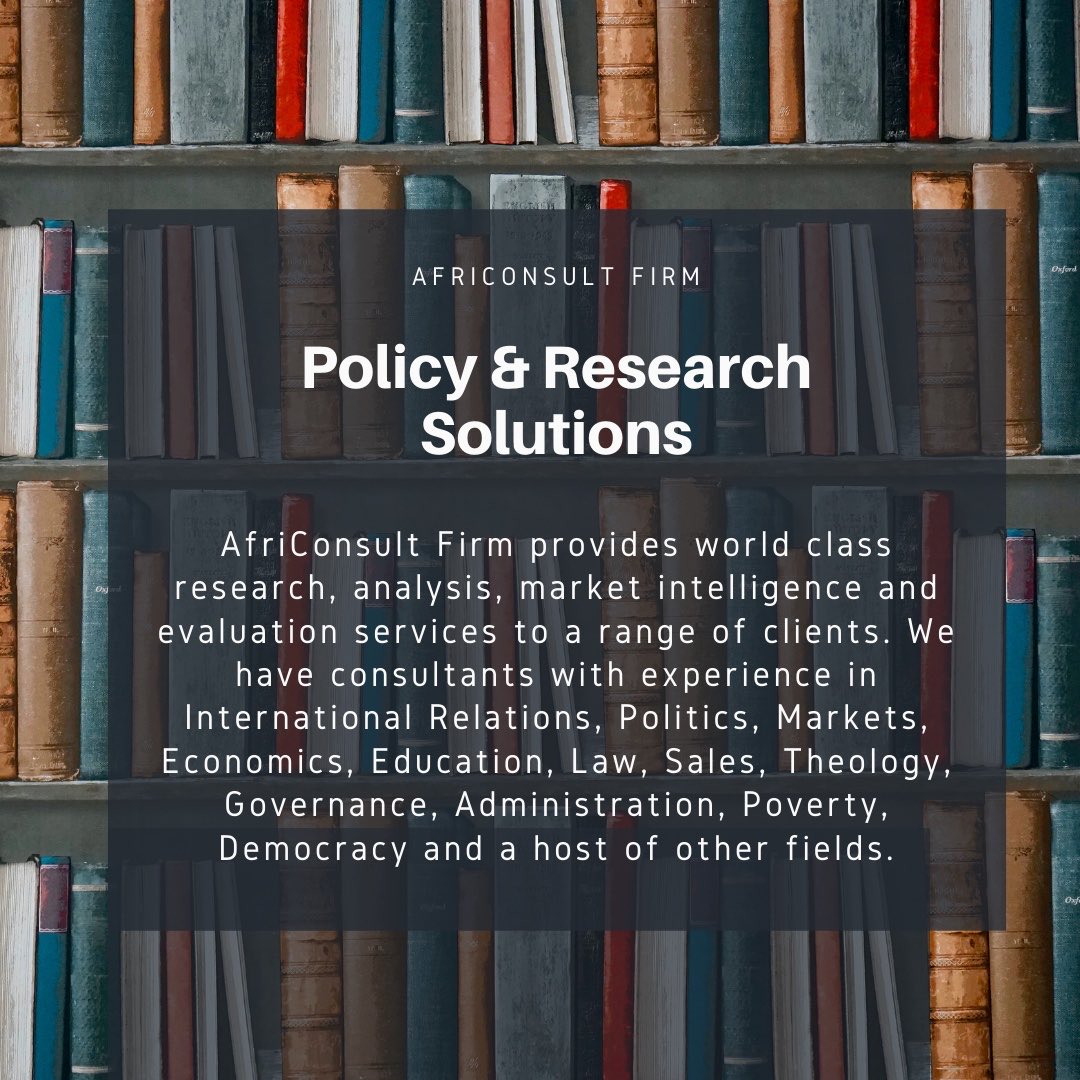
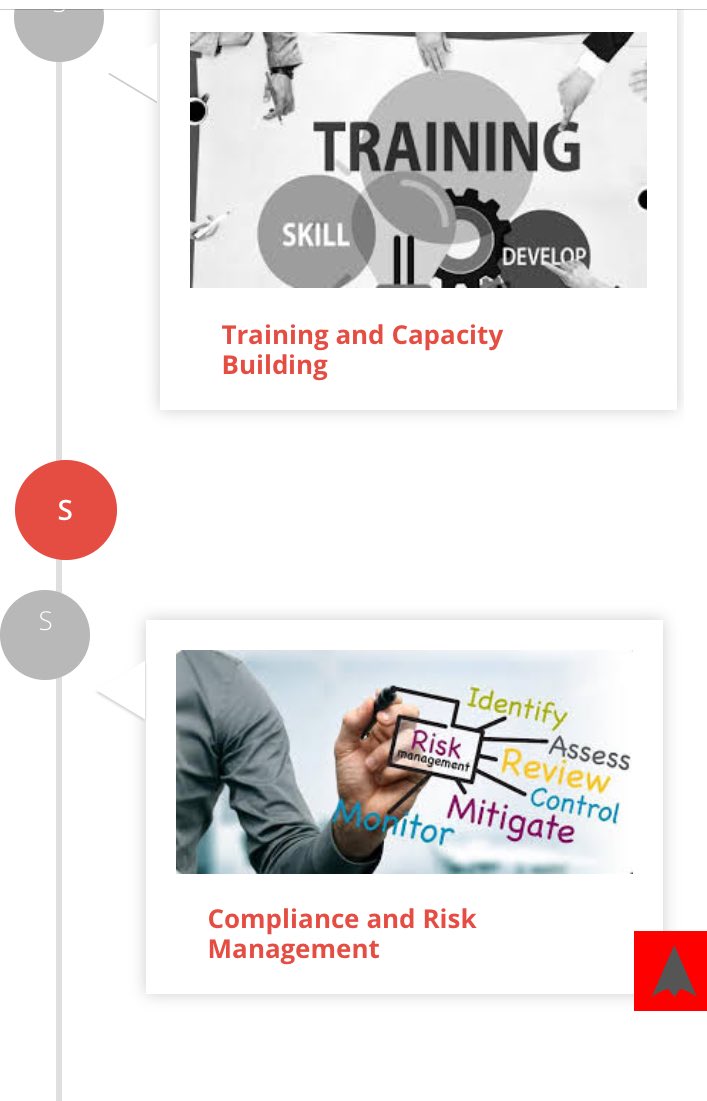
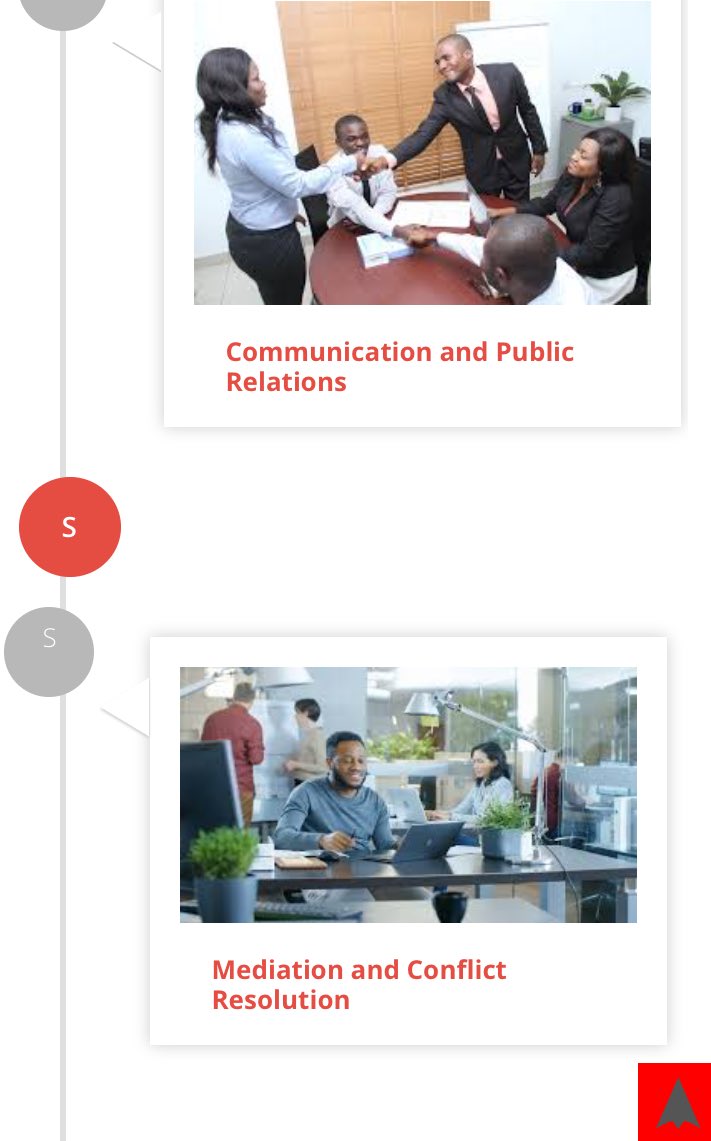

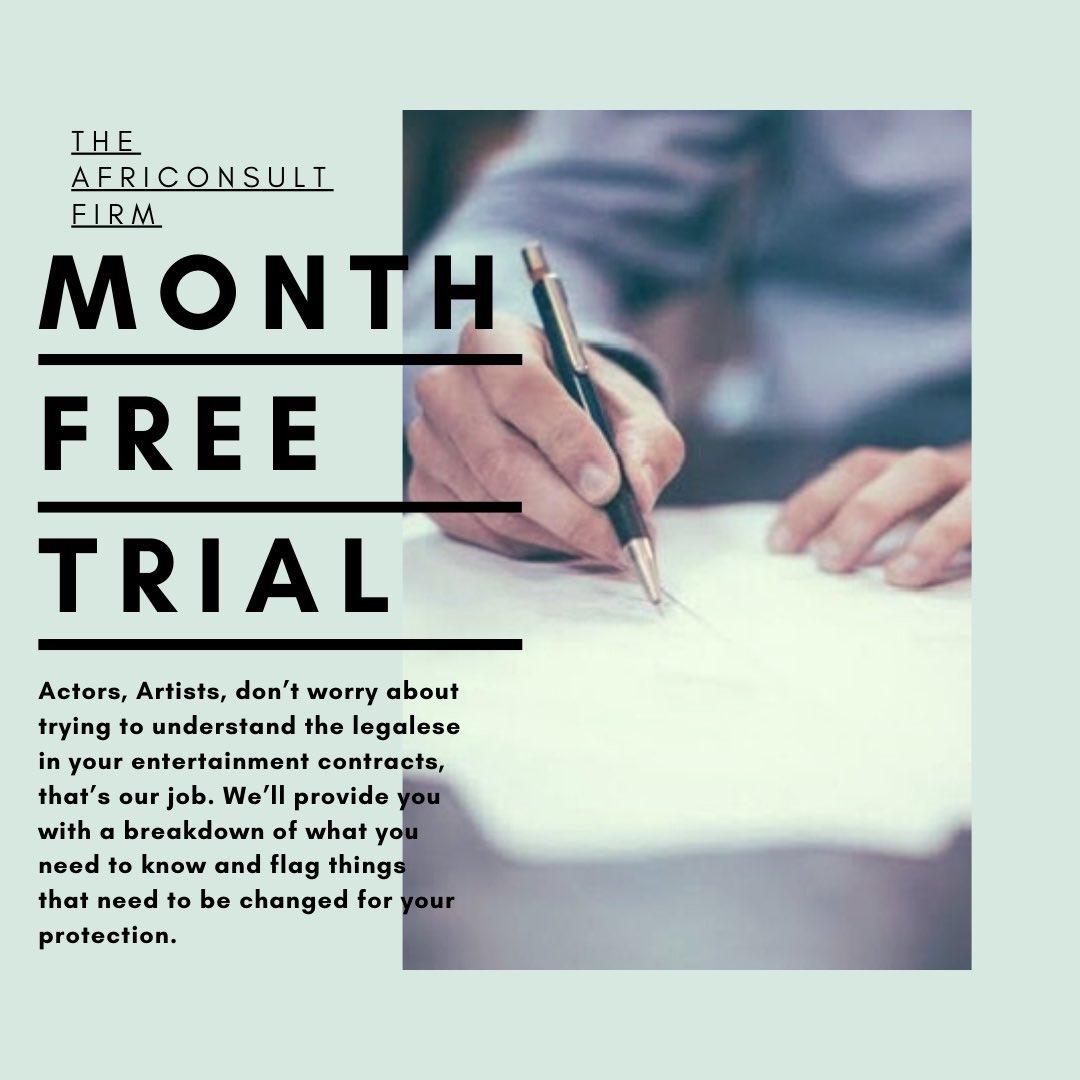 ." title="-these professionals as we help covering them in their professional & personal capacities offering so much more to them. This package has no strings attached to it, just Ts&Cs https://abs.twimg.com/emoji/v2/... draggable="false" alt="😅" title="Lächelndes Gesicht mit offenem Mund und Angstschweiß" aria-label="Emoji: Lächelndes Gesicht mit offenem Mund und Angstschweiß">." class="img-responsive" style="max-width:100%;"/>
." title="-these professionals as we help covering them in their professional & personal capacities offering so much more to them. This package has no strings attached to it, just Ts&Cs https://abs.twimg.com/emoji/v2/... draggable="false" alt="😅" title="Lächelndes Gesicht mit offenem Mund und Angstschweiß" aria-label="Emoji: Lächelndes Gesicht mit offenem Mund und Angstschweiß">." class="img-responsive" style="max-width:100%;"/>
 " title="During my curatorship I’ll touch on How One can be a Lawyer, What you can do with a Law degree & address FAQs on Law/Lawyers. I will also answer any questions I can as they arise. So now enough about me, let’s get right into it https://abs.twimg.com/emoji/v2/... draggable="false" alt="🤗" title="Umarmendes Gesicht" aria-label="Emoji: Umarmendes Gesicht">" class="img-responsive" style="max-width:100%;"/>
" title="During my curatorship I’ll touch on How One can be a Lawyer, What you can do with a Law degree & address FAQs on Law/Lawyers. I will also answer any questions I can as they arise. So now enough about me, let’s get right into it https://abs.twimg.com/emoji/v2/... draggable="false" alt="🤗" title="Umarmendes Gesicht" aria-label="Emoji: Umarmendes Gesicht">" class="img-responsive" style="max-width:100%;"/>

